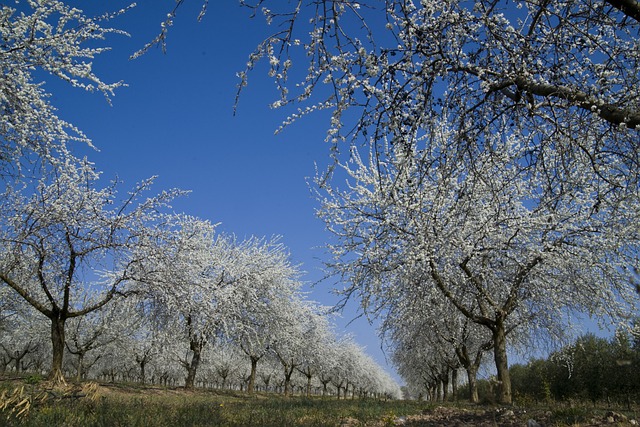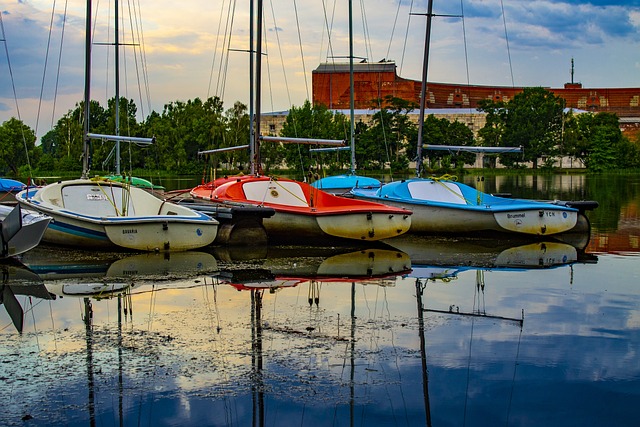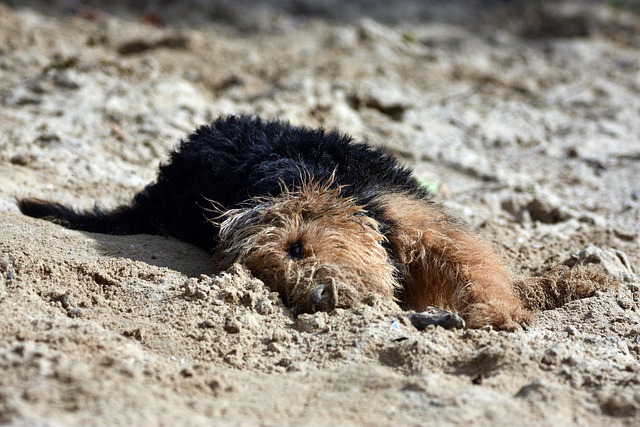luxury1288 🏉 The Evolution of Luxury: Redefining Status in a Changing World

The Evolution of Luxury: Redefining Status in a Changing World
In an age where societal norms are in constant flux, the concept of luxury has undergone a profound transformation. Once synonymous with opulence and exclusivity, luxury now encompasses a broader spectrum of experiences, values, and narratives. This evolution is not merely a reflection of changing consumer preferences but is indicative of deeper societal shifts that challenge traditional notions of status and wealth.
Historically, luxury has been associated with material possessions—extravagant cars, haute couture fashion, and lavish homes. Such symbols of wealth were often markers of social status, indicative of one’s success and power within a stratified societal framework. However, as the global landscape continues to evolve, so too does the understanding of what luxury truly represents. Today, luxury is increasingly defined by intangibles: experiences, sustainability, and authenticity.luxury1288
The rise of the experience economy has significantly influenced this shift. Consumers, particularly the younger generations, are prioritizing experiences over possessions. This trend is reflected in the burgeoning market for luxury travel, gourmet dining, and bespoke adventures. The modern affluent individual seeks to curate a life filled with memorable experiences, often viewing traditional luxury goods as temporary gratifications rather than lasting investments. This transition signals a fundamental change in values, where the accumulation of experiences trumps the accumulation of possessions.luxury1288
Moreover, the growing awareness of environmental sustainability has reshaped the luxury landscape. As consumers become increasingly conscious of their impact on the planet, the demand for sustainable luxury has surged. Brands that once focused solely on exclusivity are now emphasizing ethical sourcing, eco-friendly practices, and social responsibility. Luxury consumers are no longer content with simply purchasing a product; they seek to invest in brands that align with their values and contribute positively to society. This paradigm shift has prompted luxury brands to adopt a more holistic approach, intertwining sustainability with luxury to create a new narrative of status.
Authenticity has also emerged as a cornerstone of modern luxury. In a world saturated with information and digital interactions, consumers are craving genuine connections and transparency. They are drawn to brands that tell compelling stories, evoke emotional responses, and foster a sense of community. The demand for authenticity extends beyond the products themselves; it encompasses the brand’s ethos, heritage, and commitment to craftsmanship. As a result, luxury brands are increasingly focusing on their narratives, emphasizing their unique histories and artisanal processes to differentiate themselves in a crowded marketplace.
Digitalization has further accelerated the evolution of luxury. The rise of social media has transformed how luxury brands communicate and engage with consumers. Platforms such as Instagram and TikTok have enabled brands to showcase their offerings in visually captivating ways, while also facilitating direct interactions with their audience. This shift has democratized luxury to some extent, allowing a broader range of consumers to access luxury experiences, albeit virtually. However, this accessibility has also challenged luxury brands to maintain an air of exclusivity while navigating the digital landscape.
The intersection of technology and luxury has also given rise to innovative concepts such as virtual luxury experiences and the integration of artificial intelligence in personalized customer service. Luxury consumers are now expecting seamless digital interactions, personalized recommendations, and immersive experiences that blur the lines between the physical and virtual realms. This technological advancement not only enhances the consumer experience but also allows brands to gather insights into consumer preferences, enabling them to tailor their offerings more effectively.luxury1288
As the definition of luxury continues to evolve, it becomes imperative for brands to adapt to these changing dynamics. The modern luxury consumer is discerning, informed, and values-driven. Brands that fail to recognize this shift risk losing their relevance in a rapidly changing market. Conversely, those that embrace these changes and align their offerings with the evolving expectations of consumers stand to thrive in this new era of luxury.luxury1288

In conclusion, the transformation of luxury reflects a broader societal evolution, where values such as sustainability, authenticity, and experiential richness take precedence over mere material accumulation. As we navigate this changing landscape, it is essential to recognize that luxury is no longer just about what one possesses; it is about the experiences one curates, the values one upholds, and the connections one fosters. The future of luxury lies not in exclusivity but in inclusivity, sustainability, and authenticity—a paradigm shift that will undoubtedly shape the luxury market for years to come.luxury1288

Fale conosco. Envie dúvidas, críticas ou sugestões para a nossa equipe através dos contatos abaixo:
Telefone: 0086-10-8805-0795
Email: portuguese@9099.com


